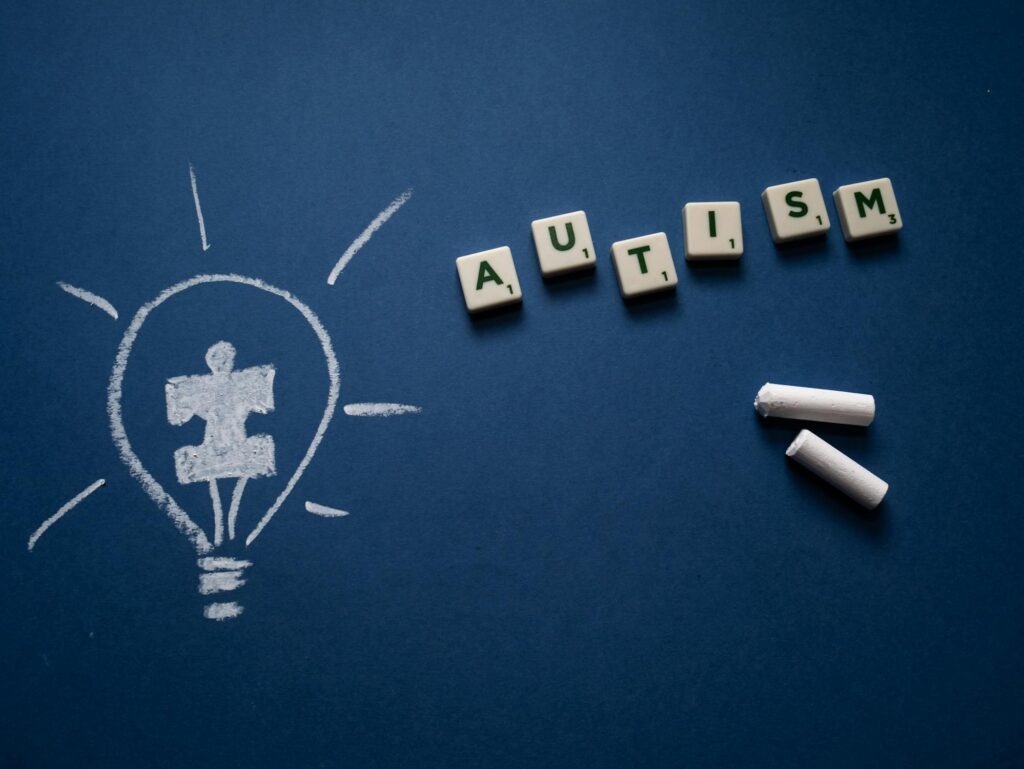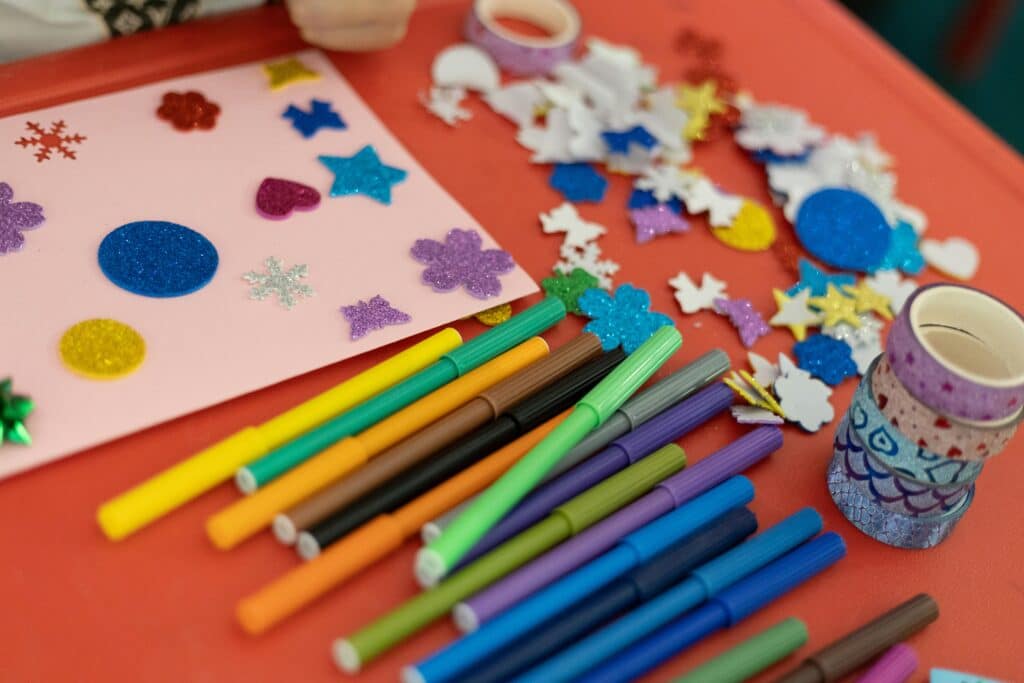Autism has come a long way from when it was seen as a debilitating condition that condemned children to lifelong issues. Autism affects children in different ways and to various degrees. It doesn’t matter if your little one is extra sensitive to bright lights or suffers from mental incapabilities; you can take a handful of actions to help them get through the tough times. Are you ready? Let’s learn more about how you can help autistic children live their best lives.
Avoid Misinformation
There’s a lot of information available on autism, but a large percentage of them are unfortunately misleading or wrong. Autism has grown to become a major illness that gets brought up in political and medical arguments. The best thing you can do as a parent, family member, or friend to an autistic person is to learn more about the condition, separate facts from fiction, and educate those around you on what is right and wrong. Misinformation is perhaps the deadliest force hindering autistic children from getting the best care possible.
Learn About Your Child’s Triggers
People often complain about inappropriate behavior in autistic children, but few people care to understand what triggers such behaviors, and how to avoid triggering environments or minimize exposure to them. Autistic children may be sensitive to certain sounds, colors, textures, or smells. Parents, guardians, and medical professionals can work together to track potential triggers to help them offer better support to autistic children. Figuring out triggers can be one of the best things you do because you begin to think in a way that helps your child never come in contact with what triggers them.
Clear Communication

Communicating with an autistic child can be different from what is applicable to non-autistic children. It’s always a great idea to use clear and simple language when communicating. You can also include visual cues to convey your message better and keep your child in the communication loop. You might need to allow more time for processing when communicating with autistic children. Communication is a two-way street; that’s why you need to motivate your autistic child to communicate and use their words. This is especially important if the child has issues with communication.
Routine & Structure
Creating predictable routines for your child is always a great idea. Autistic children often value routine and structure, and you may benefit from this too as a parent. Anxiety is a significant part of the lives of many autistic children; that’s why it pays to offer extra structure in their lives through predictable routines. Bath time is at a set time, setting their rooms in a structured and arranged manner, and having a food timetable are examples of ways you can offer extra structure to the lives of autistic children in your life. Offer your child choices while preparing them for possible changes.
Patience & Empathy
If there’s one thing that’s always true about raising an autistic child, it’s the never-ending need to exercise patience and demonstrate empathy. There will always be times when you’ll get frustrated as a parent because of things your autistic child does. Stay calm, and walk away for a moment if you need to, validate your child’s feelings, focus on your child’s strengths, and seek professional help if you need to. Empathy and patience are easy virtues to communicate when things are going right, but they are often harder to demonstrate when you’re overwhelmed or frustrated.
Reward Positive Behavior

Austistic children are no different from non-autistic children when handling behavior. Children of all ages and medical needs benefit from positive reinforcement; that’s why it will be in your best interest as a parent to reward and motivate positive behavior in your child. Positive sentences like “I like how you did that” or “I appreciate when you tell me how you feel” can help your child demonstrate positive behavior and communicate better with the rest of the family. Rewards can be verbal, physical, for example, high fives, or tangible, like a snack, drink, or more screentime.
Some other things to note include:
- Managing autism is a marathon, not a sprint. Do not try to master everything at once. Work with medical professionals, members of your community, and parents with older autistic kids to learn what worked for them, mistakes they made, and possible changes you can add to your current routine.
- Let your child go through life at a pace they are comfortable with. You can always motivate your offspring to do more challenging things as long as you understand your child will get things done at a pace they feel comfortable with.
You’re Not Alone
Being a parent to an autistic child often feels like a lot, and it can be. Remember that you’re not alone; there are medical professionals, fellow parents, and family members who are always willing to help you and your child navigate a world that seems hostile to your plight.
















